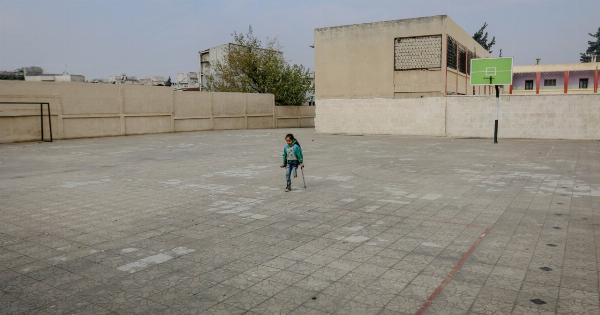A skin rash is a common problem that affects millions of people worldwide. It is a temporary or chronic skin problem that can cause itching, redness and other discomforts.
Skin rashes can be caused by a range of factors such as allergies, infections, autoimmune disorders, certain medications and more. Some skin rashes can be harmless and can be treated with over-the-counter creams; others may require medical attention. Here are some signs you should look out for to determine if your skin rash requires medical intervention.
1. Rash Covering a Large Area of Your Body
If your rash is covering a large area of your body, you should see a doctor immediately. This could be a sign of an allergic reaction or infection, and it can be dangerous if not treated promptly.
In some cases, a large rash can also indicate a more serious underlying medical condition.
2. Intense Itching
If your rash is causing intense itching that is not going away, it is advisable to seek medical help. Scratching the rash can cause skin irritation, inflammation and infection, which can worsen the condition.
If you are experiencing severe itching, your doctor may prescribe antihistamines or topical creams to relieve the symptoms.
3. Presence of Blister
If your rash is accompanied by blisters, it is essential to seek medical attention. Blisters can be a sign of a more severe allergic reaction or infection.
You should avoid popping the blisters or scratching them since it can cause an infection and slow the healing process.
4. High Fever
If your rash is accompanied by a high fever, it is imperative to see a doctor immediately. A high fever can be an indication of a severe infection, and it requires prompt medical attention.
Untreated infections can spread to other parts of the body and cause more significant health problems.
5. Loss of Consciousness and Dizziness
If you experience a rash along with symptoms like loss of consciousness, dizziness, or difficulty breathing, it is crucial to seek emergency medical attention.
These symptoms can indicate anaphylaxis, a severe and potentially life-threatening allergic reaction. Immediate treatment is essential in such cases.
6. Persistent Rash
If your rash persists for an extended period despite home treatment, you should see a doctor. Sometimes, skin rashes can be a symptom of an underlying medical condition, and it requires proper diagnosis and treatment to alleviate the symptoms.
7. Travel to Tropical regions
If you have recently travelled to a tropical destination and experience skin rash, it could be a sign of a tropical disease like dengue fever, chikungunya virus, or zika virus. Seek medical care as soon as possible.
8. Rash Accompanied by Joint Pain and Fever
If your rash is accompanied by joint pain and fever, it is advisable to seek medical care for an accurate diagnosis.
These symptoms can be a sign of several autoimmune disorders like lupus or rheumatoid arthritis, which require proper management to prevent complications.
9. Rash Associated with Breathing Difficulties
If your rash is associated with breathing difficulties, including wheezing or shortness of breath, it could be a sign of asthma or another respiratory condition. It warrants medical attention since severe breathing difficulties can be life-threatening.
10. Rash Accompanied by Pain and Swelling
If your rash is accompanied by pain and swelling, it is essential to see a doctor. These symptoms can indicate a wide range of conditions, from infection to autoimmune disorders.
A proper diagnosis is necessary to determine the underlying cause of the issue.
Conclusion
A skin rash can be a minor or severe issue depending on the underlying condition. It is essential to seek medical attention if you experience any of the above signs along with your rash.
Early diagnosis and treatment can prevent complications and improve your overall health and quality of life.






























